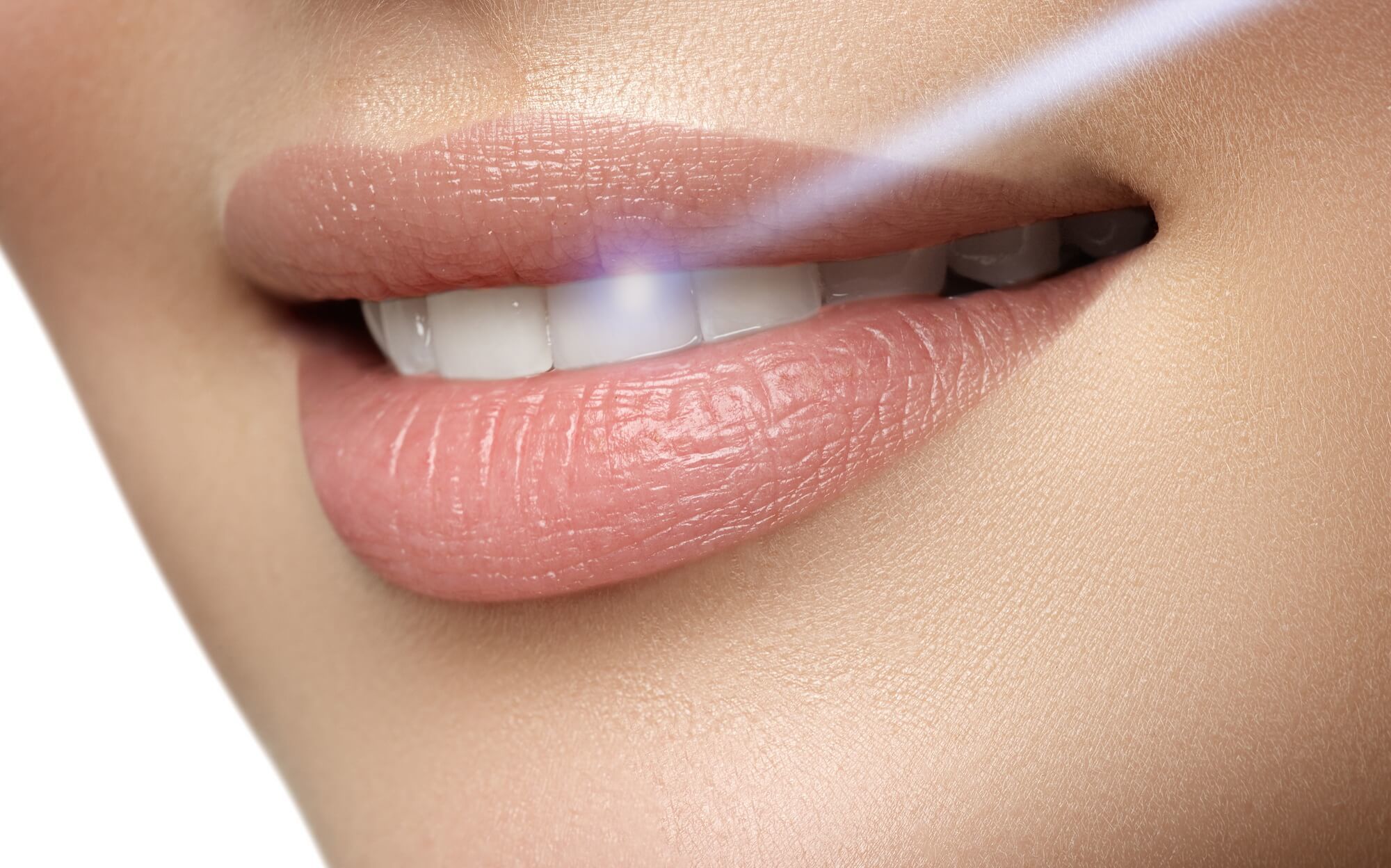There’s a revolution happening in dentistry that sounds seriously space age – lasers are replacing the dentist drill or probe in a large number of routine dental procedures.
While laser dentistry has been around for a few years now, there’s been a few recent advancements that make the process even more appealing to patients. It’s most commonly used for teeth whitening, but can also remove tooth decay, reshape your gums, treat gum disease, reduce and seal painful mouth sores, detect oral cancers and help treat infections faster and more effectively than traditional dentistry methods.
The applications are so versatile, it's a pretty good bet that we'll be seeing lasers used more in dentistry over the next few years.
What is it?
Your dentist will use a very thin, powerful laser (or beam of light energy) that can be precisely controlled to target soft and hard tissue problems (i.e. your mouth, gums and teeth). Because there’s no heat, pressure or vibrations involved, you’re not likely to feel a thing.
How can laser dentistry benefit me?
Laser dentistry is safe, non-invasive and extremely adaptable. The benefits of lasers include minimised bleeding and infections, less damage to gum tissue, fewer stitches and faster healing, so there’s a lot to recommend them – particularly if you’re not fond of visiting the dentist. They can also be beneficial in aiding diagnosis by adjusting the light wavelengths to detect tiny pits and fissures in the surface of your teeth that traditional dental tools can’t find.
Blasting gum disease.
Lasers can also be used to kill the harmful bacteria that builds up below your gum line without harming healthy tissue while sealing off any incision to decrease bleeding and pain. There's also no nasty drill noise associated with lasers, which can cause anxiety in some patients, particularly children.
A better way to fix dental cavities.
Laser dentistry can fix your toothache, stat. The invisible beam of light zaps the cavity out of existence, creating a precise place for your dentist to fill. You get to keep as much healthy tooth as possible, and there’s often no need to use an anaesthetic (so no more big scary needles bearing down on you from above – yay!), and you're not likely to need sutures. Water-based laser systems also hydrate your tooth during the procedure to make it even more painless.
Can lasers be used in every procedure?
Unfortunately, there are a few limitations to what lasers can do in dentistry – so far. Your dentist won't use a laser on a tooth that already has fillings, and if you've got a cavity in a tricky place, it's back to the drill for you. If you're highly sensitive to pain, you might want to opt for an anaesthetic to back up the laser treatment, too.
What should I look for in a laser dentist?
Because there's a significant investment involved in purchasing lasers and getting the proper training, you'll want to search for a dentist that has the right laser tools for your particular procedure. Don't be afraid to ask the hard questions like how much training they've had with lasers, do they get regular professional development top-ups, and with what kinds of procedures they have experience.
While you might not be jumping up and down about having to see your dentist any time soon, new advances in laser dentistry can make the process as painless as possible. Why would you ever choose the dreaded drill again?
